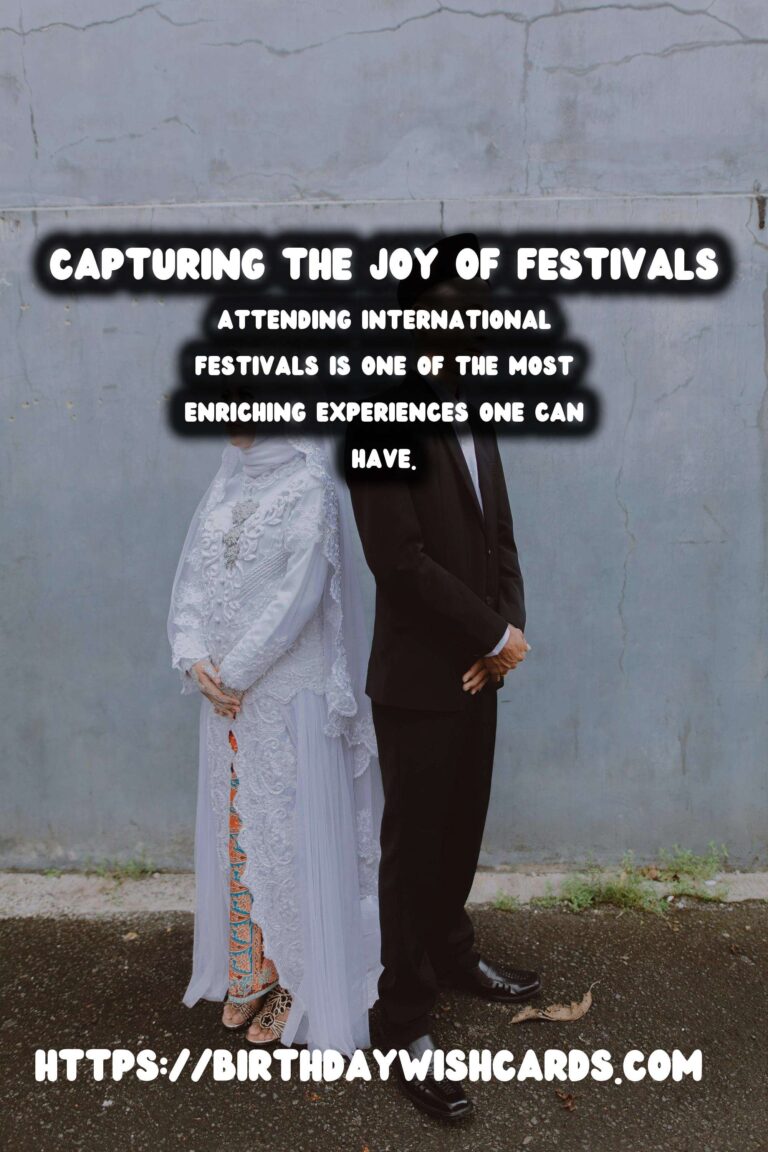Exploring Mom Rituals and Traditions: A Heartfelt Journey
Mom Rituals and Traditions Explained
In every culture, mothers hold a special place in the family structure, often being the bedrock of love and nurturing. Mom rituals and traditions embody the unique ways in which mothers express their love, pass down heritage, and create lasting memories. This article delves into the significance, types, and benefits of these cherished practices, aiming to shine a light on how they enrich family life and strengthen bonds.
Understanding Mom Rituals
Mom rituals are actions or ceremonies that mothers perform with their children or families, often replicative across generations. These rituals can range from simple daily routines like bedtime stories to elaborate cultural ceremonies. They serve as reliable anchors in children’s lives, providing predictability and comfort.
The Importance of Traditions
Traditions play a crucial role in preserving family identity and cultural heritage. They help instill values, teach life lessons, and provide a sense of belonging. Through traditions, mothers impart wisdom and connect their children to past generations, ensuring that family legacies remain alive.
Types of Mom Rituals
1. Daily Rituals
Daily rituals, such as morning hugs or evening routines, create a sense of security. For instance, a mother may read a story every night before bed, fostering not just a love for literature but also strengthening emotional bonds.
2. Seasonal and Holiday Traditions
Seasonal rituals often correlate with specific times of the year, like celebrating holidays. Mothers may prepare special meals or engage in unique activities, such as decorating the house during the winter holidays or creating a family garden in the spring.
3. Cultural Practices
Cultural traditions often reflect the heritage of a family. For example, mothers may teach their children traditional recipes, songs, or dances, gateway experiences that reinforce cultural pride and continuity.
4. Life Milestones
Moms often create rituals around significant life events, such as birthdays, graduations, or first days of school. Celebrations may include personalized gifts, family gatherings, or special outings.
5. Healing Rituals
In challenging times, mothers often create healing rituals, such as journaling together, meditation, or engaging in nature walks, helping children process emotions healthily and constructively.
Benefits of Mom Rituals and Traditions
Engaging in rituals and traditions has numerous benefits for both mothers and children. Here are some of the most significant:
1. Strengthened Family Bonds
Participating in rituals cultivates a sense of togetherness, bringing families closer. Shared experiences create lasting memories and foster love.
2. Improved Emotional Well-being
Rituals can significantly enhance emotional health, providing stability and security for children. Knowing there are predictable practices can ease anxiety and foster resilience.
3. Cultural Education
Through rituals, mothers educate their children about their cultural backgrounds. This knowledge instills pride and respect for their heritage.
4. Life Skills Development
Many traditions and rituals incorporate valuable life skills, such as cooking, teamwork, and communication, which prepare children for independent living.
5. Memory Creation
Rituals help create cherished memories that families can look back on fondly. These memories often serve as stories that strengthen family identity over time.
Creating New Rituals
While many traditions are passed down through generations, families can also create their own rituals. Here are some steps to establish meaningful new traditions:
1. Identify What Matters
Reflect on values that you want to promote in your family and what activities will best represent those values.
2. Include Everyone
Invite all family members to participate in discussions about new traditions, ensuring that every voice is heard. This will foster commitment and excitement.
3. Make it Fun
Ensure that the new rituals are enjoyable and engaging for everyone involved. You might include games, cooking together, or outdoor activities.
4. Document the Experience
Capture the moments shared through photographs, journals, or video recordings to preserve memories and reflect on them in the future.
Passing Down the Legacy
Moms play a pivotal role in ensuring that rituals and traditions are passed down to future generations. They can teach their children the importance of these practices and encourage them to continue them with their own families.
Conclusion
Mom rituals and traditions are more than mere activities; they symbolize love, education, and connection. By understanding their importance and actively participating, mothers can help cultivate a rich emotional landscape that supports their children’s growth. Embracing these rituals may not only enhance family dynamics but also form a lasting legacy that transcends generations.
In every culture, mothers hold a special place in the family structure, often being the bedrock of love and nurturing.
Mom rituals and traditions embody the unique ways in which mothers express their love, pass down heritage, and create lasting memories.










#MomTraditions #FamilyRituals







